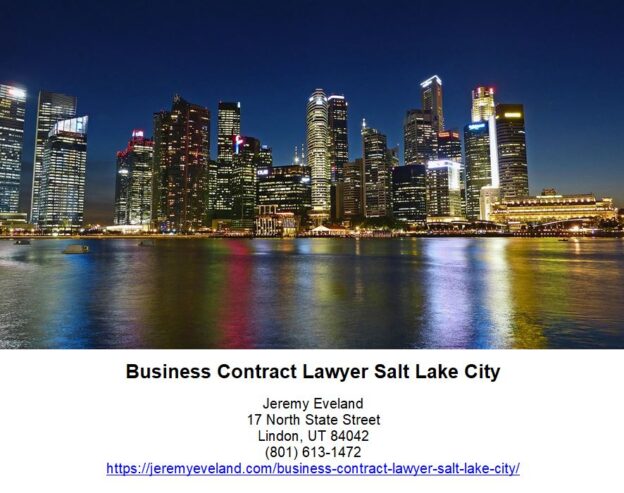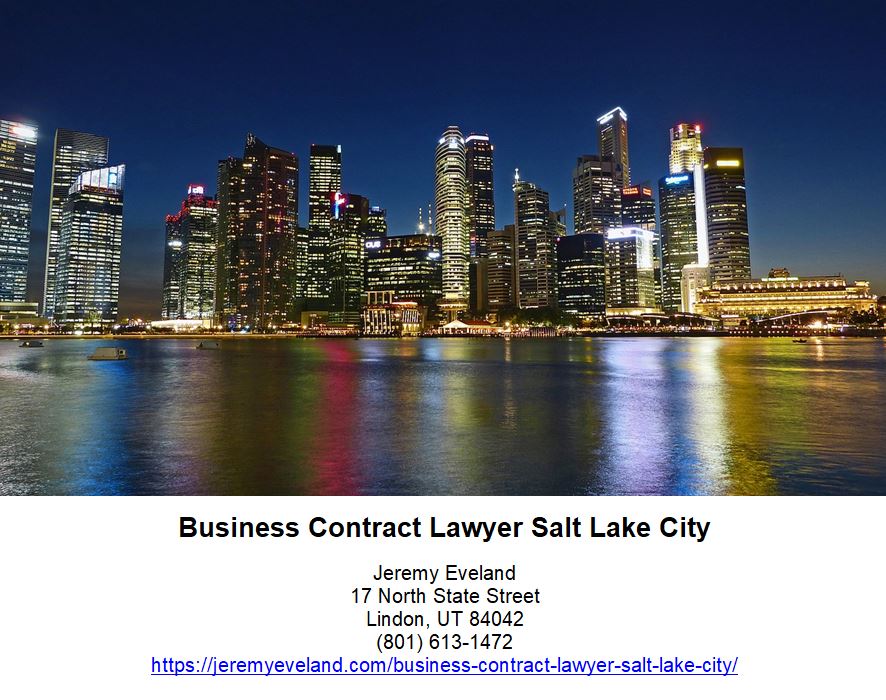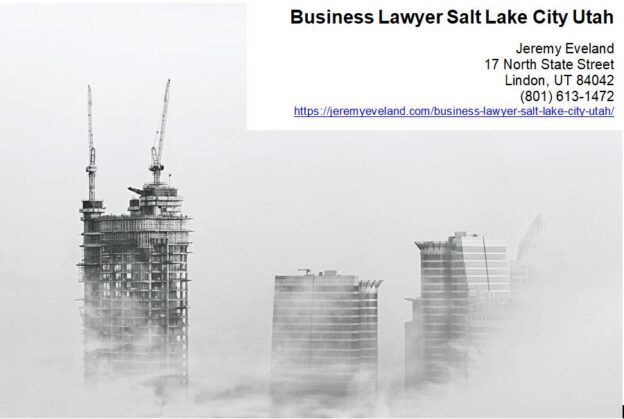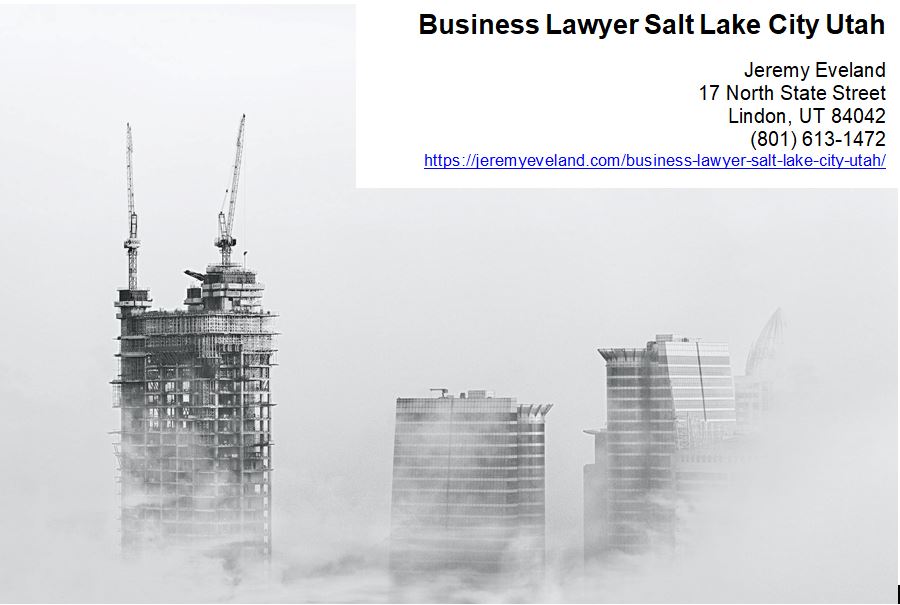Tort Law
-
Utah Lawyer
“Protecting Your Rights – One Tort at a Time”
Introduction
Tort law is a branch of civil law that deals with the legal remedies available to individuals who have suffered harm due to the wrongful acts of another. It is a body of law that provides remedies for individuals who have been wronged by another person or entity. Tort law is based on the principle of fault, which means that a person or entity can be held liable for damages caused by their negligence or intentional acts. Tort law is an important part of the legal system, as it provides a way for individuals to seek compensation for harm caused by another.
The History of Tort Law: How It Has Evolved Over Time
Tort law is a body of law that provides remedies to individuals who have suffered harm due to the wrongful acts of another. It is a civil law system that is based on the principle of compensating victims for their losses. Tort law has evolved over time to become a complex and comprehensive system of legal remedies.
The origins of tort law can be traced back to ancient times. In ancient Rome, the law of delict was developed to provide remedies for wrongs committed by one person against another. This law was based on the principle of restitutio in integrum, which means that the wrongdoer should restore the victim to the same condition as before the wrong was committed. This principle was later adopted by the English common law system and became the basis for modern tort law.
In the Middle Ages, the English common law system developed a number of remedies for wrongs committed by one person against another. These remedies included damages, injunctions, and specific performance. Damages were awarded to compensate the victim for any losses suffered as a result of the wrong. Injunctions were used to prevent the wrongdoer from continuing the wrongful act. Specific performance was used to require the wrongdoer to perform a specific act or to make restitution for the wrong.
In the 19th century, the English common law system was further developed to include a number of new remedies. These included the tort of negligence, which provided a remedy for victims of careless or reckless acts. The tort of nuisance was also developed to provide a remedy for victims of unreasonable interference with their use and enjoyment of land.
In the 20th century, tort law continued to evolve. The tort of strict liability was developed to provide a remedy for victims of dangerous products. The tort of defamation was also developed to provide a remedy for victims of false and malicious statements. In addition, the tort of intentional infliction of emotional distress was developed to provide a remedy for victims of extreme and outrageous conduct.
Today, tort law is a complex and comprehensive system of legal remedies. It provides victims of wrongful acts with a variety of remedies, including damages, injunctions, specific performance, and other forms of relief. Tort law has evolved over time to become a sophisticated system of legal remedies that is designed to provide victims with the compensation they deserve.
The Different Types of Torts and Their Legal Implications
Torts are civil wrongs that are recognized by law and for which a remedy may be sought. They are distinct from criminal wrongs, which are offenses against the state and are punishable by fines or imprisonment. Torts are divided into three main categories: intentional torts, negligence, and strict liability.
Intentional torts are those in which the defendant has acted with the intent to cause harm to the plaintiff. Examples of intentional torts include assault, battery, false imprisonment, and trespass. In these cases, the plaintiff must prove that the defendant acted with the intent to cause harm.
Negligence is a type of tort in which the defendant has acted carelessly or recklessly and caused harm to the plaintiff. Examples of negligence include car accidents, medical malpractice, and slip and fall accidents. In these cases, the plaintiff must prove that the defendant was negligent in their actions.
Strict liability is a type of tort in which the defendant is held liable for any harm caused, regardless of intent or negligence. Examples of strict liability torts include product liability and animal attacks. In these cases, the plaintiff does not need to prove intent or negligence, only that the defendant was responsible for the harm caused.
The legal implications of torts vary depending on the type of tort and the jurisdiction in which the case is heard. Generally, the plaintiff may seek damages for any harm caused by the defendant. Damages may include medical expenses, lost wages, pain and suffering, and punitive damages. In some cases, the defendant may also be required to pay for the plaintiff’s legal fees.
Torts are an important part of the legal system and can provide a means of redress for those who have been wronged. It is important to understand the different types of torts and their legal implications in order to ensure that justice is served.
The Impact of Tort Law on Businesses and Organizations
Tort law is a body of law that provides remedies to individuals who have suffered harm due to the wrongful acts of another. It is an important part of the legal system, as it helps to protect individuals from harm and provides a means of redress when harm has occurred. As such, tort law has a significant impact on businesses and organizations.
First, tort law provides a legal framework for businesses and organizations to protect their interests. Businesses and organizations can use tort law to protect their intellectual property, such as trademarks and copyrights, from infringement. They can also use tort law to protect their reputation from defamation and to protect their employees from workplace discrimination.
Second, tort law provides a means of redress for individuals who have been harmed by the wrongful acts of businesses and organizations. Individuals who have been injured due to the negligence of a business or organization can seek compensation for their losses through a tort claim. This can include damages for medical expenses, lost wages, and pain and suffering.
Third, tort law can also be used to hold businesses and organizations accountable for their actions. If a business or organization is found to have acted negligently or recklessly, they can be held liable for any harm that results. This can include punitive damages, which are designed to punish the wrongdoer and deter similar behavior in the future.
Finally, tort law can also be used to encourage businesses and organizations to take steps to prevent harm. By providing a legal framework for holding businesses and organizations accountable for their actions, tort law can incentivize businesses and organizations to take steps to ensure that their operations are safe and compliant with the law.
In conclusion, tort law has a significant impact on businesses and organizations. It provides a legal framework for protecting their interests, a means of redress for individuals who have been harmed, and a way to hold businesses and organizations accountable for their actions. It also encourages businesses and organizations to take steps to prevent harm.
The Role of Negligence in Tort Law
Negligence is a key concept in tort law, which is the body of law that provides remedies for civil wrongs not arising out of contractual obligations. Negligence is a type of tort that occurs when a person fails to exercise reasonable care in their actions, resulting in harm to another person or their property. Negligence is a form of strict liability, meaning that a person can be held liable for damages even if they did not intend to cause harm.
Negligence is based on the idea that people should take reasonable care to avoid causing harm to others. This means that people should act in a way that a reasonable person would act in the same situation. If a person fails to act in a reasonable manner and causes harm to another person, they may be liable for damages.
In order to prove negligence, four elements must be established. First, the plaintiff must show that the defendant owed them a duty of care. This means that the defendant had a legal obligation to act in a certain way to protect the plaintiff from harm. Second, the plaintiff must show that the defendant breached this duty of care. This means that the defendant failed to act in a reasonable manner and caused harm to the plaintiff. Third, the plaintiff must show that the defendant’s breach of duty caused the harm. Finally, the plaintiff must show that they suffered damages as a result of the defendant’s negligence.
Negligence is an important concept in tort law because it allows people to seek compensation for harm caused by another person’s failure to act in a reasonable manner. Negligence is a form of strict liability, meaning that a person can be held liable for damages even if they did not intend to cause harm. Negligence is based on the idea that people should take reasonable care to avoid causing harm to others, and if they fail to do so, they may be liable for damages.
Exploring the Pros and Cons of Tort Reform
Tort reform is a controversial issue that has been debated for many years. It is a set of laws that are designed to limit the amount of damages that can be awarded in civil lawsuits. Proponents of tort reform argue that it will reduce the cost of doing business and make the legal system more efficient. On the other hand, opponents of tort reform argue that it will limit the rights of individuals to seek justice in the courts. In this article, we will explore the pros and cons of tort reform.
Pros of Tort Reform
The primary argument in favor of tort reform is that it will reduce the cost of doing business. By limiting the amount of damages that can be awarded in civil lawsuits, businesses will be able to operate more efficiently and with less fear of being sued. This could lead to lower prices for consumers and more jobs for workers.
Another argument in favor of tort reform is that it will make the legal system more efficient. By limiting the amount of damages that can be awarded, the courts will be able to process cases more quickly and efficiently. This could lead to faster resolution of disputes and fewer backlogs in the courts.
Cons of Tort Reform
The primary argument against tort reform is that it will limit the rights of individuals to seek justice in the courts. By limiting the amount of damages that can be awarded, individuals may not be able to receive the full compensation they deserve for their injuries or losses. This could lead to injustice and unfairness in the legal system.
Another argument against tort reform is that it could lead to a decrease in safety standards. By limiting the amount of damages that can be awarded, businesses may be less likely to take steps to ensure the safety of their products or services. This could lead to an increase in accidents and injuries.
Conclusion
Tort reform is a complex issue that has been debated for many years. Proponents of tort reform argue that it will reduce the cost of doing business and make the legal system more efficient. On the other hand, opponents of tort reform argue that it will limit the rights of individuals to seek justice in the courts and could lead to a decrease in safety standards. Ultimately, it is up to lawmakers to decide whether or not to implement tort reform.
Q&A
Q1: What is tort law?
A1: Tort law is a body of law that provides remedies for individuals who have suffered harm due to the wrongful acts of another. It is a civil law, meaning that it is not criminal in nature.
Q2: What types of damages can be recovered in a tort case?
A2: Damages that can be recovered in a tort case include compensatory damages, which are intended to make the injured party whole again, and punitive damages, which are intended to punish the wrongdoer and deter similar conduct in the future.
Q3: What is the difference between tort law and criminal law?
A3: The primary difference between tort law and criminal law is that tort law is a civil law, meaning that it is not criminal in nature. Criminal law is a body of law that provides punishments for individuals who have committed a crime.
Q4: What is the statute of limitations for filing a tort claim?
A4: The statute of limitations for filing a tort claim varies by state, but generally ranges from one to six years.
Q5: What is the difference between intentional torts and negligence?
A5: Intentional torts are wrongful acts that are committed intentionally, while negligence is a failure to act with reasonable care, resulting in harm to another.
Tort Law Consultation
When you need legal help with tort law, call Jeremy D. Eveland, MBA, JD (801) 613-1472 for a consultation.
Jeremy Eveland
17 North State Street
Lindon UT 84042
(801) 613-1472
Related Posts
Do I Need A Permit To Start A Business In Utah?
Business Succession Lawyer Draper Utah
Business Contract Lawyer Salt Lake City
What Is The Difference Between Corporate And Commercial Law?
Business Contract Lawyer West Valley City
Business Lawyer West Jordan Utah
Irrevocable Life Insurance Trusts
What Is The Purpose Of A Business Attorney?
Business Transaction Lawyer Provo Utah
















